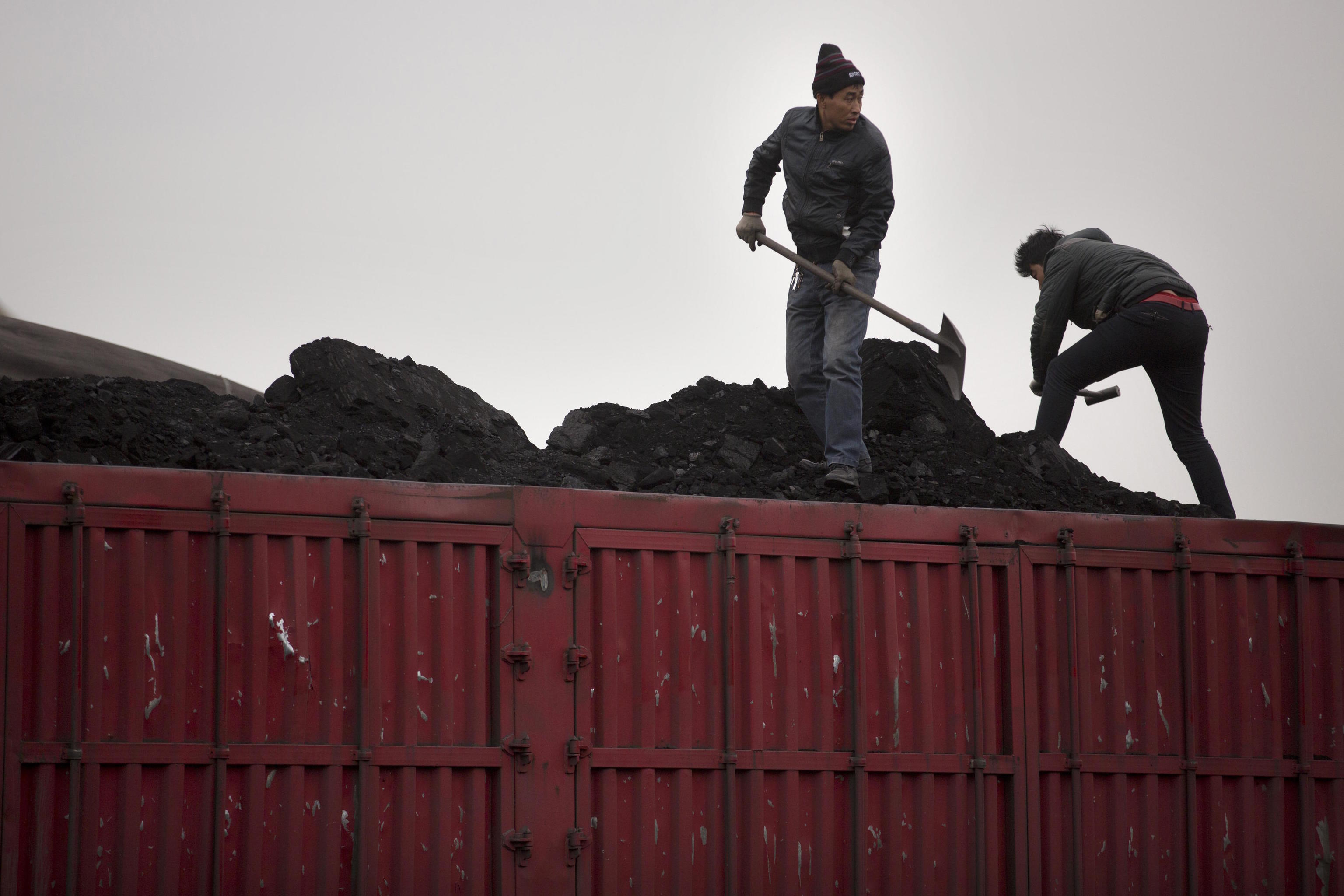Customs agents at the port of Shenzhen in southern China recently found almost two tons of dysprosium powder, a highly demanded rare mineral for technological applications, hidden in a container of ceramics and bricks. The cargo was headed to Vietnam. "In recent weeks, we have discovered various types of rare earths inside containers carrying construction raw materials, clothing bags, and mobile phone casings," said one of the inspectors in Shenzhen. In another inspection, gallium, a highly prized metal for the semiconductor industry, was found camouflaged in tea packages.
Chinese agents have been warning for several months that there are smuggling networks manipulating the export records of some companies. In the written declarations, to avoid inspections, labels such as "technological devices" or "alloy accessories" often appear, but the containers are filled with minerals subject to restrictions that end up in a transit country, usually in Southeast Asia, before being sent to their final destination in the United States or Europe.
Shortly after Beijing, in response to the trade war initiated by Donald Trump, began tightening restrictions on the export of certain minerals in April, authorities in Guangxi province intercepted a large shipment of solder paste containing mostly bismuth, another rare metal under control, as well as antimony, used to manufacture advanced military equipment, which was also found in an illegal shipment at the port of Hong Kong.
China dominates the global supply of many critical minerals and has almost a monopoly on the processing of heavy rare earths (the group of 17 metals abundant on Earth's surface) for manufacturing magnets that power essential goods such as wind turbines, medical devices, electric vehicles, and various civil and military technologies. According to a report published by the International Energy Agency, China accounts for 92% of the world's refined rare earth production.
Beijing has played this winning card during the exchange of tariff blows with Trump and has been its main bargaining chip in the two face-to-face negotiations held by the trade teams of the two superpowers. But Beijing's restrictions, in addition to fueling the smuggling of metals disguised in containers, have shaken the global automotive, electronics, and defense industries.
On Friday, the latest customs data on the collapse of Chinese exports of rare earth magnets were revealed, which fell by 74% in May compared to the previous year, representing the largest drop in over 10 years. Specifically towards the US market, exports decreased by 93%.
Washington and Beijing signed a trade truce in May, agreeing to drastically reduce tariffs for 90 days. However, tensions continued, and Xi Jinping's government stockpiling its most precious metals forced the US side to return to the negotiating table. Washington accused China of not fulfilling its commitment to approve export licenses, while China pointed out that the US was violating the tariff agreements reached in the first meeting held in Geneva.
This month, after a second meeting in London, Trump announced a new trade agreement that included the "immediate approval" of exports of magnets with crucial rare earth traces for automobile manufacturing. Since then, the Chinese Ministry of Commerce has stated that it is accelerating its review of export license applications, but Beijing is pushing for Washington to also ease the many technological restrictions that the previous Biden administration began imposing.
In this scenario, the Chinese government has gathered representatives from various regions rich in rare earths to intensify the fight against smuggling that was under control before the trade dispute. On several occasions, smugglers melted rare earths to export steel and then re-melted the steel abroad to recover the metal.
"Since China implemented export controls on strategic minerals such as gallium, germanium, antimony, tungsten, and medium and heavy rare earths, some foreign entities have conspired with domestic actors and have constantly improved their smuggling methods to evade the laws," a statement from the Ministry of Commerce said.
From Beijing, however, they prefer not to respond when journalists ask their spokespersons about the "traps" they sometimes set to ensure greater control of the minerals. A recent investigation by Reuters revealed that China heavily depends on Myanmar, a country devastated by civil war, to obtain the key material for its production. Therefore, Chinese miners would be opening new deposits in tin mines in Shan, a state controlled by ethnic guerrillas who finance part of their war against the Burmese army by facilitating this exploitation of lands to China.
